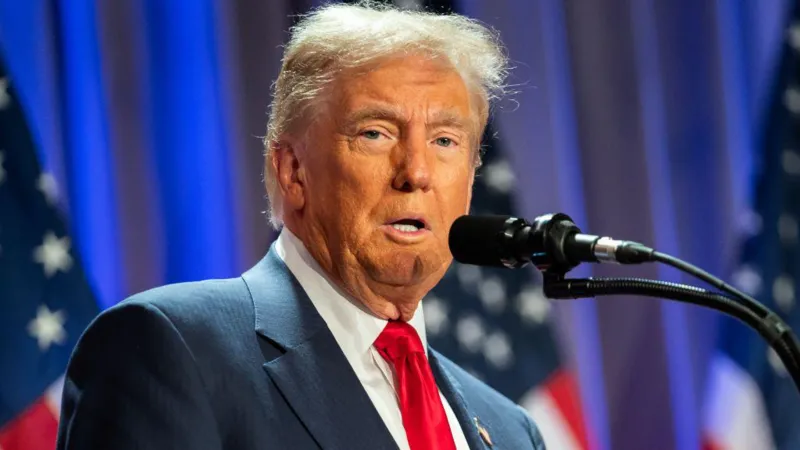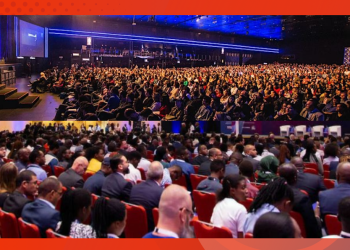The current administration has implemented an immediate halt to all new student visa interview scheduling at American diplomatic missions worldwide, as federal officials prepare to roll out comprehensive social media monitoring protocols for international applicants seeking educational opportunities in the United States.
Secretary of State Marco Rubio dispatched internal communications Tuesday directing embassy personnel and consular staff to suspend booking fresh appointments for students and exchange visitors while the department develops what officials describe as “expanded social media vetting” procedures. The directive affects applications for F-1 academic visas, M-1 vocational program visas, and J-1 exchange visitor permits.
Operational Changes at Diplomatic Posts
Under the new guidance, American embassies and consulates worldwide must discontinue scheduling additional visa interview slots beyond those already confirmed. Existing appointments may proceed under current protocols, but diplomatic missions have been instructed to remove any available time slots from their scheduling systems.
The internal cable, which Politico initially obtained, emphasizes that expanded digital surveillance requirements will demand substantial modifications to consular operations. Embassy staff must now evaluate workload implications and resource allocation before processing any student visa cases, potentially creating significant delays in an already complex application process.
Consular sections received instructions to prioritize services for American citizens, immigrant visa processing, and fraud prevention activities while this transition unfolds. This reallocation of resources suggests the enhanced screening procedures will require considerable staff time and technical capabilities.
Enhanced Digital Monitoring Protocols
While specific details of the forthcoming social media vetting remain classified, the administration has indicated these measures will encompass comprehensive reviews of applicants’ online activities across multiple platforms. Previous guidance issued in March already required certain student applicants to undergo “mandatory social media checks” through fraud prevention units.
State Department representatives confirmed that visa applications have included social media disclosure requirements since 2019, but the planned expansion appears significantly more intensive. Officials suggest this enhanced scrutiny aims to identify potential security risks and individuals whose online activities might conflict with American foreign policy interests.
The department maintains these measures fall within existing legal frameworks for visa screening, though civil liberties advocates have raised concerns about potential violations of constitutional protections for free expression.
Campus Tensions and Political Motivations
The timing of these restrictions coincides with ongoing tensions between federal authorities and American universities over campus demonstrations and political discourse. Several high-profile cases have emerged where international students faced visa revocation or deportation proceedings following participation in protests or publication of critical commentary.
Recent enforcement actions have particularly targeted students expressing support for Palestinian causes or criticism of Israeli military operations. Mahmoud Khalil, a Columbia University graduate student with Palestinian heritage, lost his permanent residency status after officials determined his activities undermined American foreign policy objectives.
Similarly, Rumeysa Ozturk, a Turkish doctoral candidate and Fulbright scholar at Tufts University, spent six weeks in immigration detention after co-authoring a student newspaper essay advocating for Palestinian rights and university divestment from Israel. A federal judge subsequently ordered her release.
Economic Implications for Higher Education
International students represent a crucial revenue source for American universities, contributing billions annually through full tuition payments and living expenses. Foreign enrollment exceeded 1.3 million students in 2023, according to Department of Homeland Security data, with many institutions depending heavily on these payments for financial stability.
Harvard University exemplifies this economic relationship, with approximately 6,800 international students comprising 27% of total enrollment. The administration recently moved to revoke Harvard’s authorization to enroll foreign students, though a federal judge issued a temporary restraining order blocking this action.
The visa processing freeze could severely impact university recruiting efforts and enrollment projections for upcoming academic terms. Educational institutions typically coordinate closely with prospective international students months in advance, and processing delays could force students to defer enrollment or pursue alternatives in other countries.
Legal Challenges and Constitutional Questions
Multiple federal court cases have emerged challenging the administration’s approach to visa revocations and enhanced screening procedures. Attorneys representing affected students argue these actions violate First Amendment protections for free speech and due process rights under the Fifth Amendment.
Critics contend the administration is implementing ideological litmus tests that exceed legitimate security concerns. They point to cases where students faced punishment for expressing views that, while controversial, fall within constitutional protections for political speech.
The American Civil Liberties Union and other advocacy organizations have filed numerous challenges seeking to block enforcement actions against individual students and broader policy implementations affecting international education.
International Reactions and Diplomatic Consequences
Foreign governments have begun expressing concern about these developments, particularly nations that send large numbers of students to American universities. China, India, and South Korea represent the largest sources of international students, and any sustained processing delays could prompt these countries to encourage their citizens to pursue educational opportunities elsewhere.
Canada, the United Kingdom, and Australia have already positioned themselves as alternative destinations for international students, actively recruiting individuals who might face barriers entering the United States. These countries have streamlined their own visa processes and emphasized welcoming policies toward foreign scholars.
The restrictions could also complicate diplomatic relationships with allied nations whose citizens face unexpected barriers to American educational institutions. Several European governments have quietly expressed concerns about the potential impact on academic exchange programs and research collaborations.
Technical Implementation Challenges
The enhanced social media vetting protocols present significant technical and logistical challenges for consular operations. Embassy staff must develop capabilities to analyze vast amounts of digital content across multiple platforms, languages, and cultural contexts.
Training requirements alone could take months to implement effectively, as consular officers need expertise in identifying potentially problematic content while avoiding discriminatory enforcement based on political viewpoints or cultural differences.
The administration has not yet clarified whether this screening will utilize automated systems, human reviewers, or hybrid approaches. Each method presents distinct advantages and limitations regarding accuracy, consistency, and resource requirements.
Future Implications for American Higher Education
These developments signal a fundamental shift in how the United States approaches international education and academic exchange. The emphasis on political screening of student applicants marks a departure from traditional practices that primarily focused on security and fraud prevention.
University administrators are already developing contingency plans for potential enrollment disruptions and considering alternative strategies for maintaining international diversity on their campuses. Some institutions are exploring expanded online program offerings or establishing satellite campuses in other countries.
The long-term consequences could extend beyond immediate enrollment impacts to affect America’s global academic reputation and research competitiveness. International students and scholars have historically contributed substantially to scientific advancement, technological innovation, and cultural exchange.















Comments 1